It’s that time again: We’re all buckling down and setting goals for the year ahead. And according to market research company YouGov, one popular New Year’s resolution—just after things like eating healthier and focusing on self-care—is finding time to read more books.
As you can probably guess, this made the team here at OprahMag.com very happy, because just like Oprah has shown us with her game-changing national book club, we love to read, and encourage others to do so, too. And despite a recent American Time Use Survey—which found that 2017 marked a 30 percent decrease in interest in leisure reading since 2004—it sounds like Americans are genuinely interested in learning how to read a lot more often.
So if you’re looking to fall in love with your next page turner (and the next, and the next), we’ve put together some useful tips to both read and enjoy more books in 2019.
Participate in a reading challenge.
Devoting time to a challenge is a way to compete against yourself while still working toward your reading goals. You can keep it simple with Goodreads and choose a specific number of books to read per year, as the site allows you to easily track your progress.
Bookish also offers a reading challenge, though the terms are a bit more complex. In an effort to keep participant’s selections diverse, their 2018 terms set a goal of 52 books, sending readers on a literary scavenger hunt. A couple of fun examples? One request was that you find a story with an LGBTQ author, while another urges you to find a book set in a country you’ve never been to.
Check out “best lists.”
There are literally millions of books out there in the world, so it can get a little overwhelming when trying to pick one—and a good one at that. An easy way to narrow it down? Peruse reading lists from the institutions that make it their business to find the best of the best.
The New York Times best sellers list is a tried and true test of a good book to read. (The current top spot for combined print and e-book fiction is Of Blood and Bone by Nora Roberts.) The 25 2018 National Book Award finalists offer a bevy of top picks as well, and Goodreads’ 2018 “Best Books” were specially picked by millions of bibliophiles.
And, of course, we can’t forget our own trusted O book editors, who have curated meticulous collections that spancross genres. No matter where you look, there’s a little something for everybody.
Join a local book club.
Not only will you have fellow book lovers holding you accountable to read more, but you’ll also be apart of a new community that makes finishing a book a priority. Not to mention the discussions about the book can expand your mind and perspective.
While it may seem impossible to find the right group, the American Library Association’s “Book Club Central” offers plenty of resources to get started, including heading to your nearest library to consult the reference desk for information about local book clubs. Another place to check out is an independent bookstore, where active clubs tend to seek out new members who also enjoy reading. There are also sites like meetup.com or my-bookclub.com, where you can find clubs in your area.
If you prefer to stay home, Goodreads allows readers to join a virtual group through various discussion boards based on genre, from young adult to romance novels.
Read some poetry.
Poetry can be a great and compelling way to change it up from the fiction and non-fiction books that dominate best-seller lists. “It’s short and digestible, yes,” says O‘s assistant books editor Michelle Hart, “but it’s also a great way to get the creative part of your brain working.”
To get you started, consider one of the year’s buzziest poetry collections was Amanda Lovelace’s The Witch Doesn’t Burn In This One, a powerful feminist read that urges women to celebrate being female.
Try out a story before you commit.
It happens to the best of us. You pick up a book based on its eye-catching cover and enchanting synopsis, only for it to collect dust on your book shelf after just a few pages. It’s hard to work up the energy to read more and often if you keep picking up duds. Hart has a tip to combat this dilemma.
“LitHub, which is, as the name suggests, a hub for all things literary, posts a short story or an excerpt from an upcoming novel every day,” she says. “It’s a good way to try out a novel or an author before buying a book.”
Invest in an e-reader.
While devoted book worms everywhere will likely always debate e-readers vs physical books, there’s no denying that devices like Kindles can make it easier to read on demand. According to a 2017 Statista survey, 27 percent of Americans find e-books more convenient. The hassle of taking a trip to the bookstore is gone when you have a tablet that acts as a personal mobile library. And an e-reader stores thousands of books—new and old—that cross various genres, with prices starting as low as 99 cents. All you have to do to start reading is tap on a screen.
It may sound counterintuitive to plug-in your earphones to improve your reading habits, but Hart insists that certain podcasts will spike your interest in literature. She points to the New Yorker’s “The Writer’s Voice” and “Fiction” as choice programming. You can listen to each on free apps like Apple’s “Podcasts” or “Stitcher”, which are available on both Android and iOS.
The New Yorker‘s fiction editor Deborah Treisman has a different author on “Fiction” to read and discuss a new short story each month. (One of Hart’s favorite episodes is with comedian David Sedaris.) Meanwhile, “Writer’s Voice” is a show that has the author read their own story that appears in the publication on its respective week. “It’s a great way to catch up on the New Yorker’s acclaimed short stories, and as a bonus, you get to hear the story read by the authors themselves,” Hart says.
And to get you even more excited to read more…
Our book editors have already put together a list of the 25 most anticipated new book releases of 2019 (so far). Below, a sneak-peak of some of these titles, including one from Oprah herself.
Happy reading!
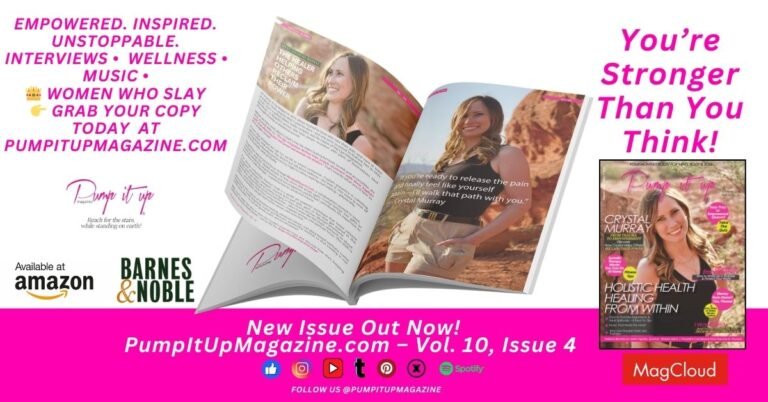

 Nominate someone special for the 2025 Pump It Up Magazine Awards and let's recognize their hard work! Click here.
Nominate someone special for the 2025 Pump It Up Magazine Awards and let's recognize their hard work! Click here.
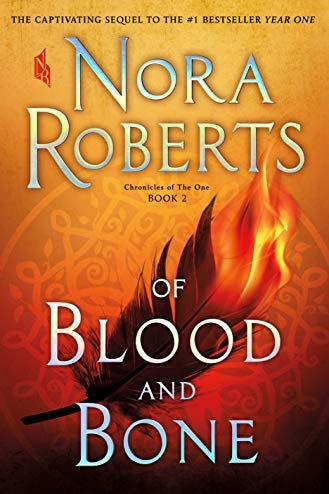
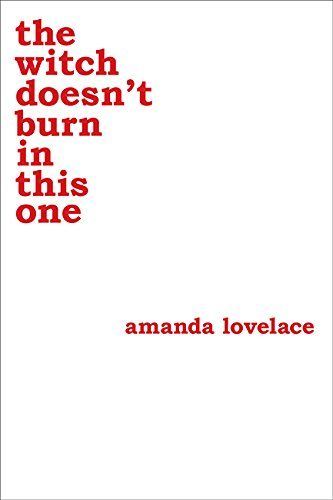
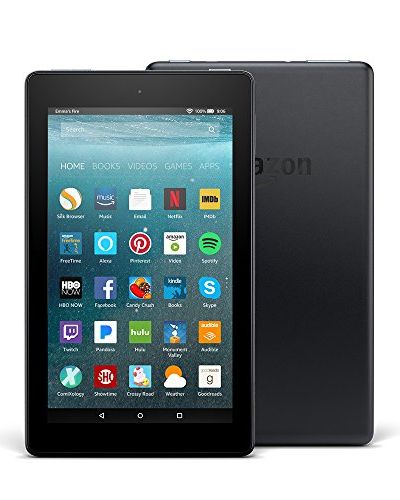

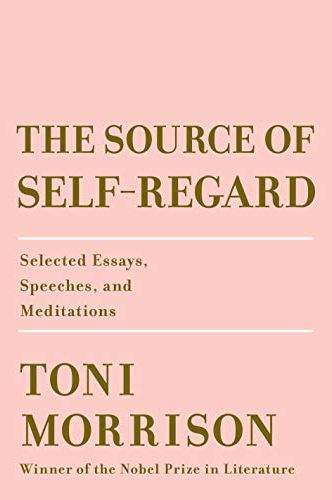
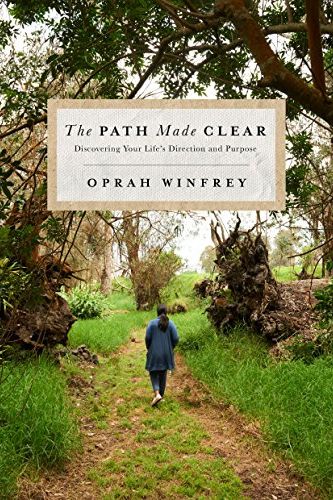












 Subscribe to our newsletter now and get exclusive early access, behind-the-scenes updates, and special offers delivered straight to your inbox!
Subscribe to our newsletter now and get exclusive early access, behind-the-scenes updates, and special offers delivered straight to your inbox! SUBSCRIBE NOW
SUBSCRIBE NOW